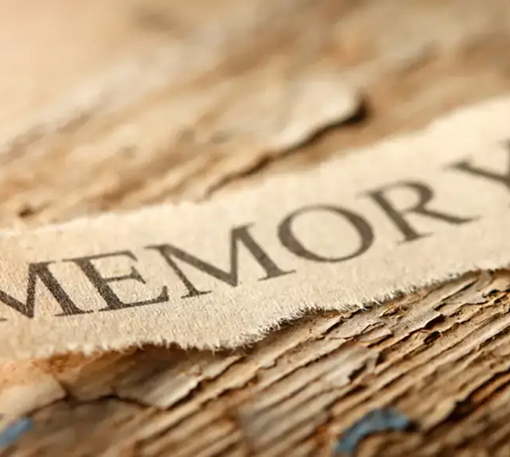
Humans are the only living beings on Earth who can express their thoughts in the form of writing. Writing not only serves as a method of communicating or describing thoughts, but it also has developmental implications such as improving neurological function and enhancing memory.
The benefits of writing are enormous but often underrated, so in the next 5 minutes of this lesson, I want to convince you to swap your laptop for paper.
Writing has profound therapeutic advantages and is a good exercise for the brain to stimulate the brain cells and improve memory. Much research drives the argument that writing by hand improves our ability to remember things, meaning that in today’s digital world where typing has overtaken, we might be missing a trick.
A question for you to ponder. Do you still take notes by hand? Perhaps you record everything digitally, or you fall somewhere in between.
When we write by hand, we have to coordinate verbal and fine movement systems, and when we learn new information, we don’t write verbatim, meaning we have to create our own summaries and concepts. This alternative way of encoding the information (the process of sending information to your brain’s hippocampus) leads to richer memory. The very nature of handwriting means you have to write and organise as you are thinking, which affects how you interpret the information.
Another reason to write is to overcome decision fatigue. Every day we have to make thousands of decisions from ‘do I get a drink’ to ‘shall I send that email’? The psychological effects of this can be draining on the brain, with more complex decisions depleting energy levels faster. Simple tasks such as writing out your priorities for the next day help clear your mind and give your subconscious brain a chance to work on them while sleeping and prevents wasting energy the following day on small decisions.
Let’s face it; we probably don’t have time to write all of our notes or thoughts out on paper, so a healthy balance between the screen and notebook should be the starting point. The first step is just to start writing more often. Think about the types of things you could quickly jot down on paper:
Why don’t you give it a try? After all, it might change your life faster than any new app could.
Next lesson we’ll be discussing the magic of decluttering the home. See you soon.
